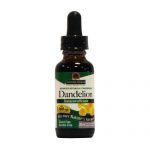

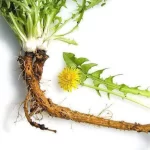

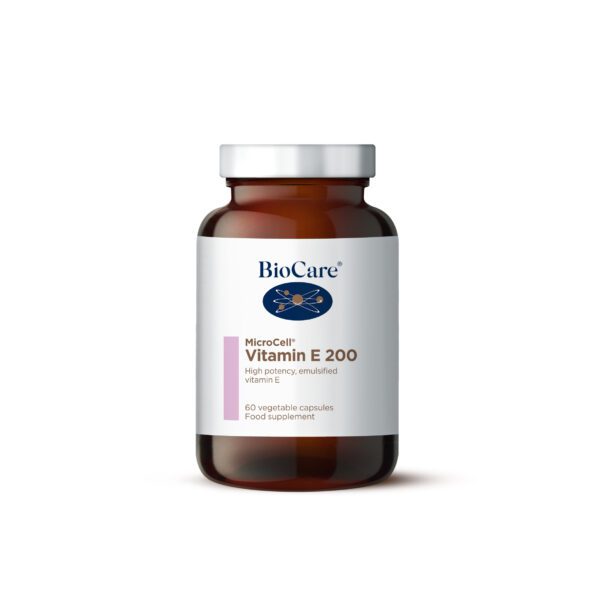
Dandelion Root Extract Nature’s Answer
£13.99 Original price was: £13.99.£11.47Current price is: £11.47.
Dandelion Root
Nature’s Answer 30ml alcohol free Dandelion (Taraxacum officinale) is a common flowering plant that is often considered a weed. However, its roots, leaves, and flowers have been used in traditional medicine for various purposes.
Dandelion root, in particular, has gained attention for its potential health benefits. Here are some key points about dandelion root:
1. **Traditional Use in Herbal Medicine:**
– Dandelion root has a history of use in traditional herbal medicine, particularly in European and Native American traditions.
2. **Nutrient Content:**
– Dandelion roots are a rich source of nutrients, including vitamins (such as A, C, and K), minerals (including potassium), and antioxidants.
3. **Potential Health Benefits:**
– **Digestive Health**: Dandelion root has been traditionally used to support digestive health. It is believed to have mild laxative effects and may stimulate appetite.
– **Liver Support**: Some herbalists suggest that dandelion root may have a mild detoxifying effect on the liver and may support liver function.
– **Anti-Inflammatory Properties**: Dandelion contains compounds that may have anti-inflammatory effects, which could be beneficial for conditions involving inflammation.
4. **Diuretic Properties:**
– Dandelion root is known for its diuretic properties, meaning it may increase urine production. This can be helpful for individuals looking to reduce water retention.
5. **Potential Blood Sugar Regulation:**
– Some studies have explored the potential of dandelion in helping regulate blood sugar levels, which could be relevant for individuals with diabetes or those at risk.
6. **Culinary Uses:**
– Dandelion roots can be dried, roasted, and ground to make a caffeine-free coffee substitute known as “dandelion coffee.” It has a similar taste to traditional coffee but with a unique flavour profile.
7. **Supplement Forms:**
– Dandelion root supplements are available in various forms, including capsules, tinctures, and teas. These supplements are often marketed for their potential health-promoting properties.
8. **Caution and Considerations:**
– While dandelion root is generally considered safe for many people when consumed in moderate amounts, it’s essential to be cautious, especially if you have allergies to plants like ragweed, marigolds, or daisies. If in doubt, consult with a healthcare professional.
– Pregnant or nursing women and individuals with certain medical conditions should also consult a healthcare provider before using dandelion supplements.
9. **Foraging and Culinary Use:**
– Some people forage for dandelion roots in the wild, ensuring they are collected from areas free of pesticides and contaminants. Dandelion roots can be cleaned, dried, and used in culinary preparations.
As with any herbal remedy or supplement, it’s advisable to consult with a healthcare professional before incorporating dandelion root into your routine, especially if you have pre-existing health conditions or are taking medications.
Individual responses to herbal products can vary, and professional guidance can help ensure safe and appropriate usage.

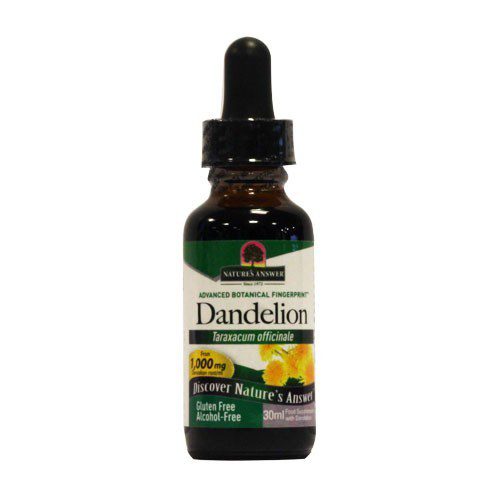
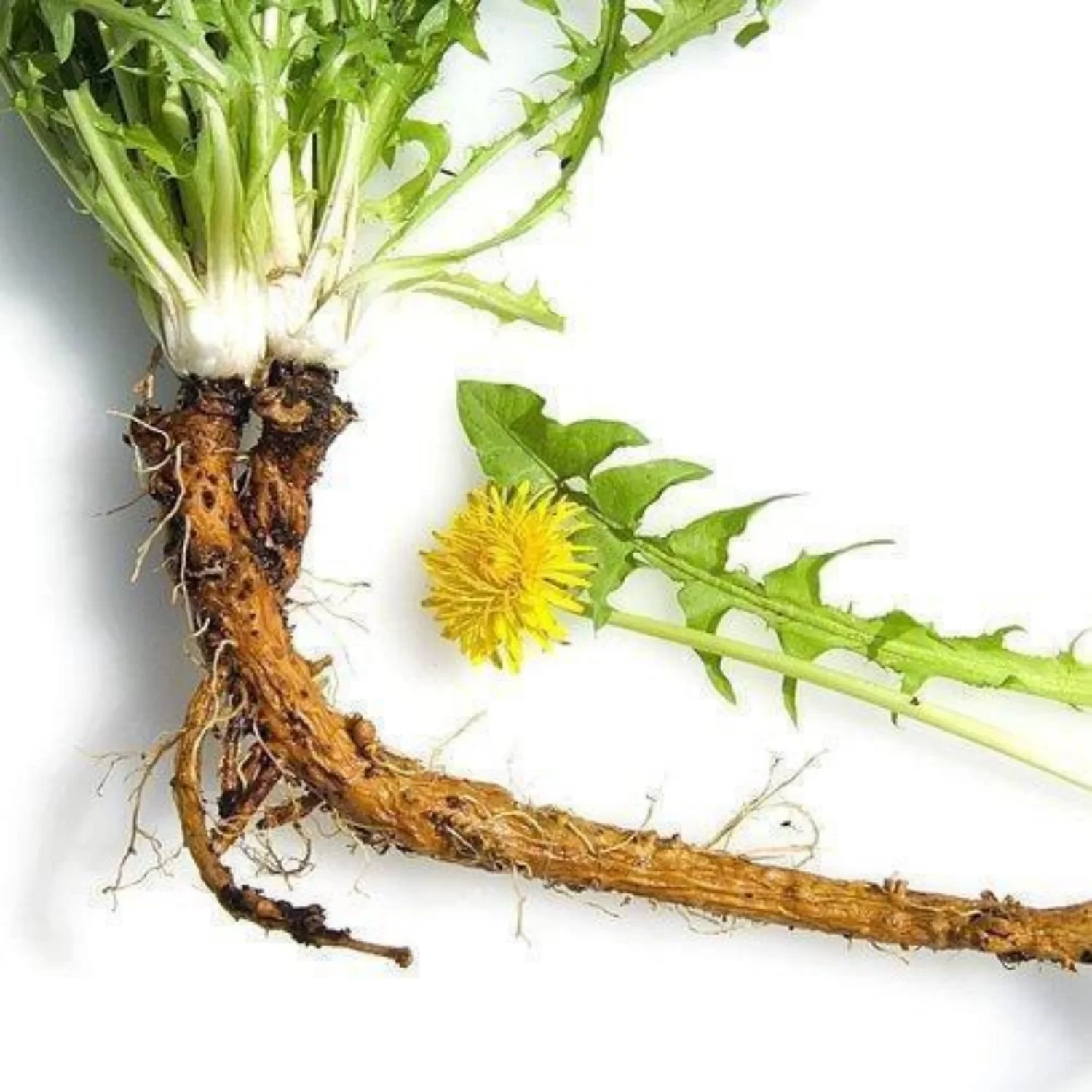
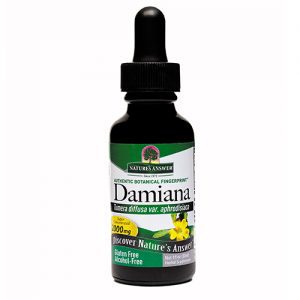
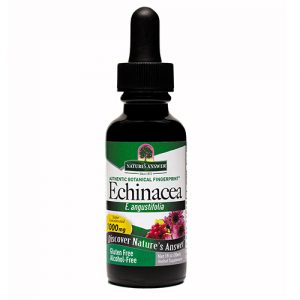
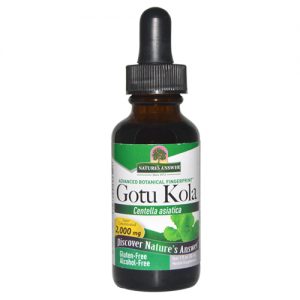
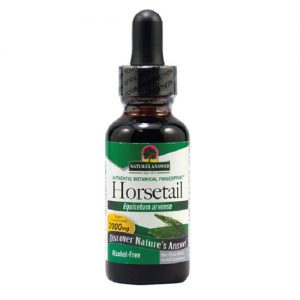
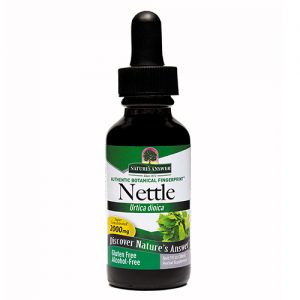

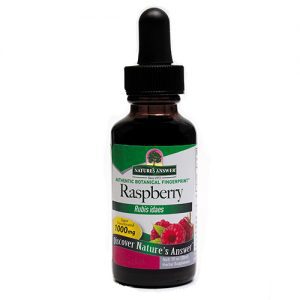
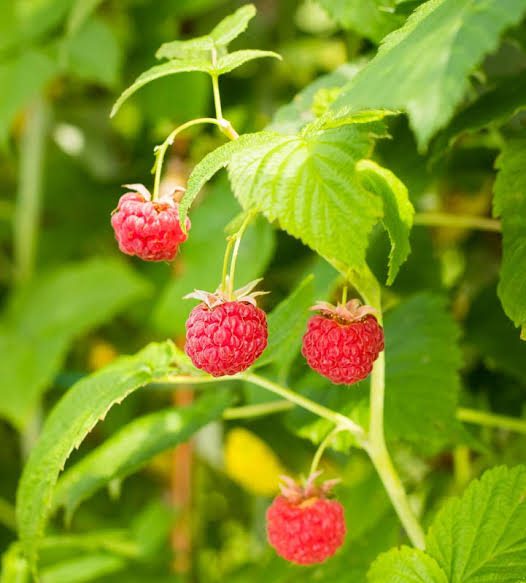
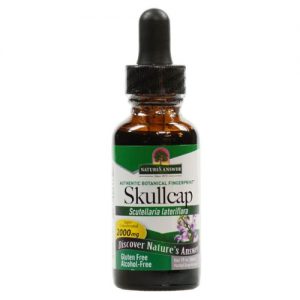
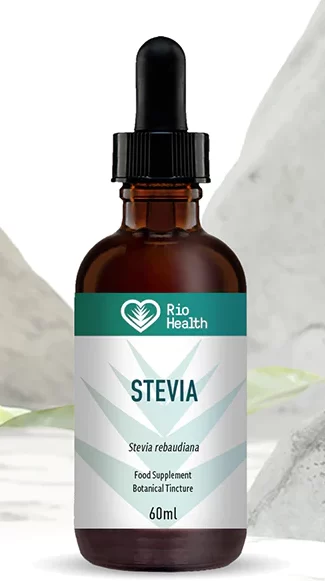
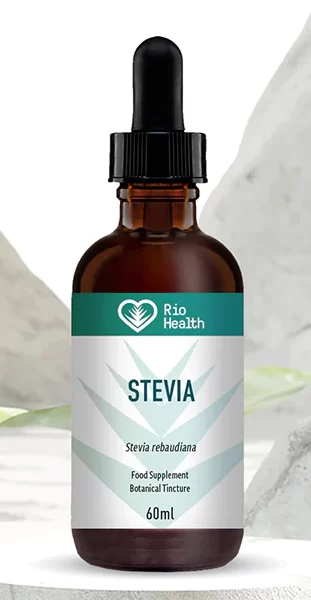




Reviews
There are no reviews yet.